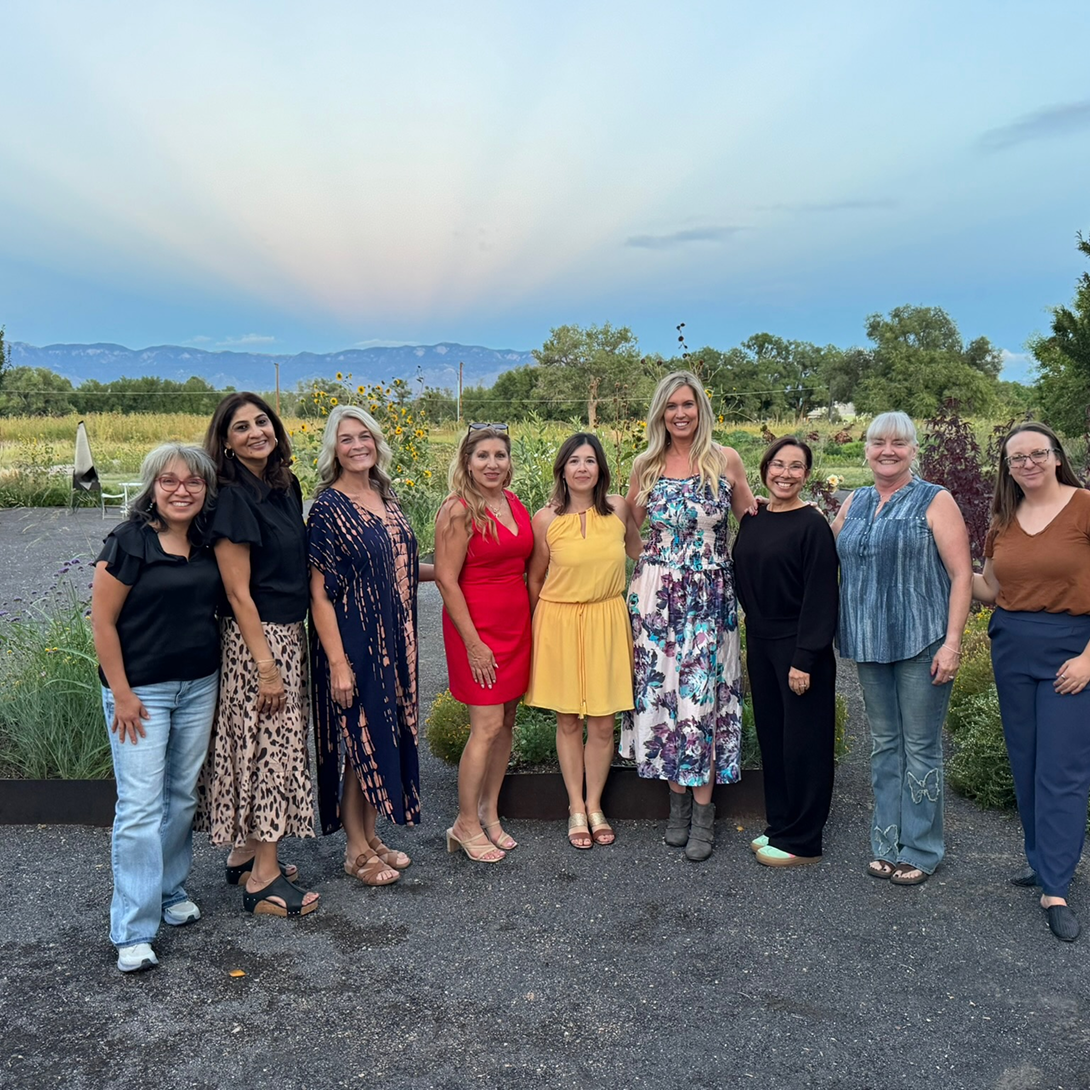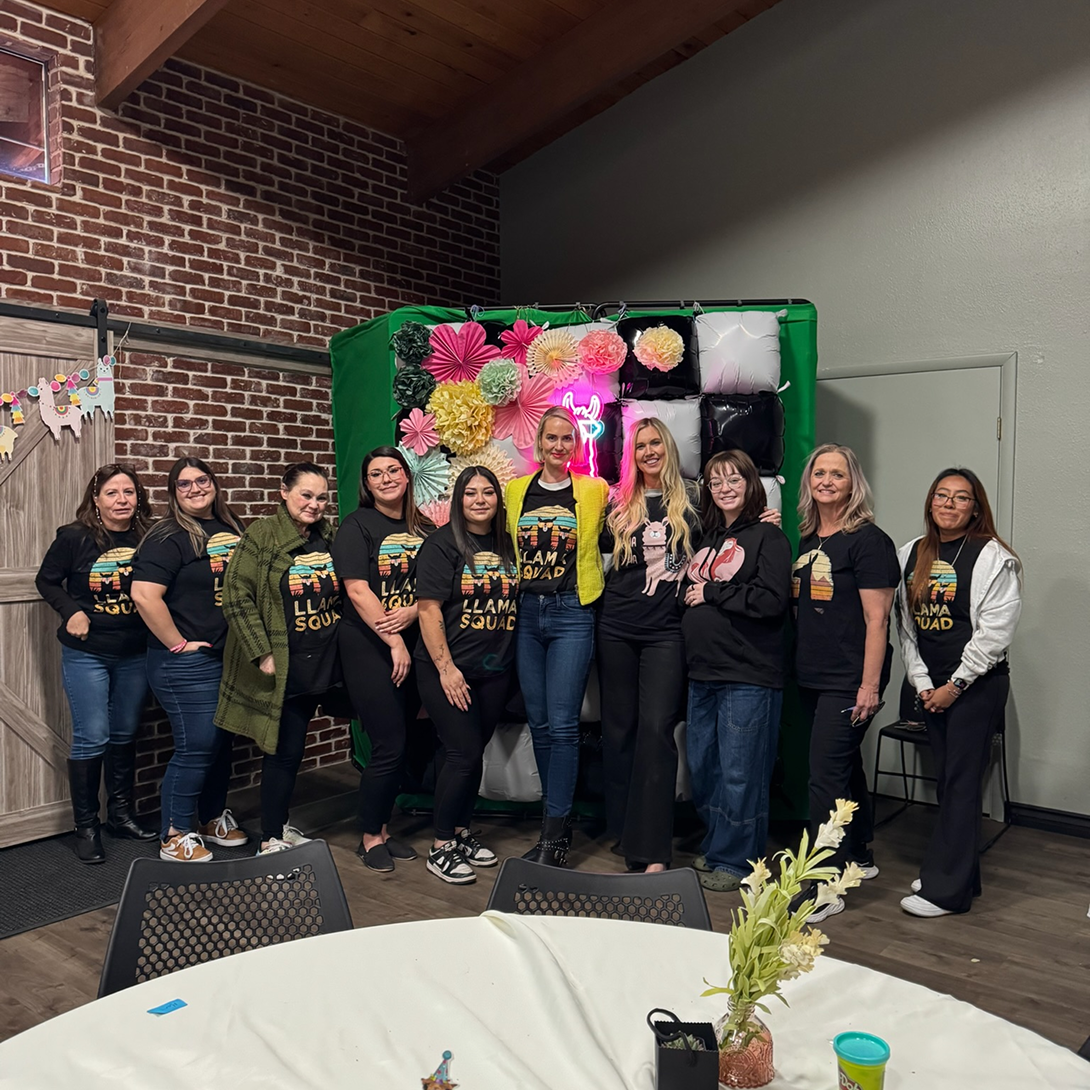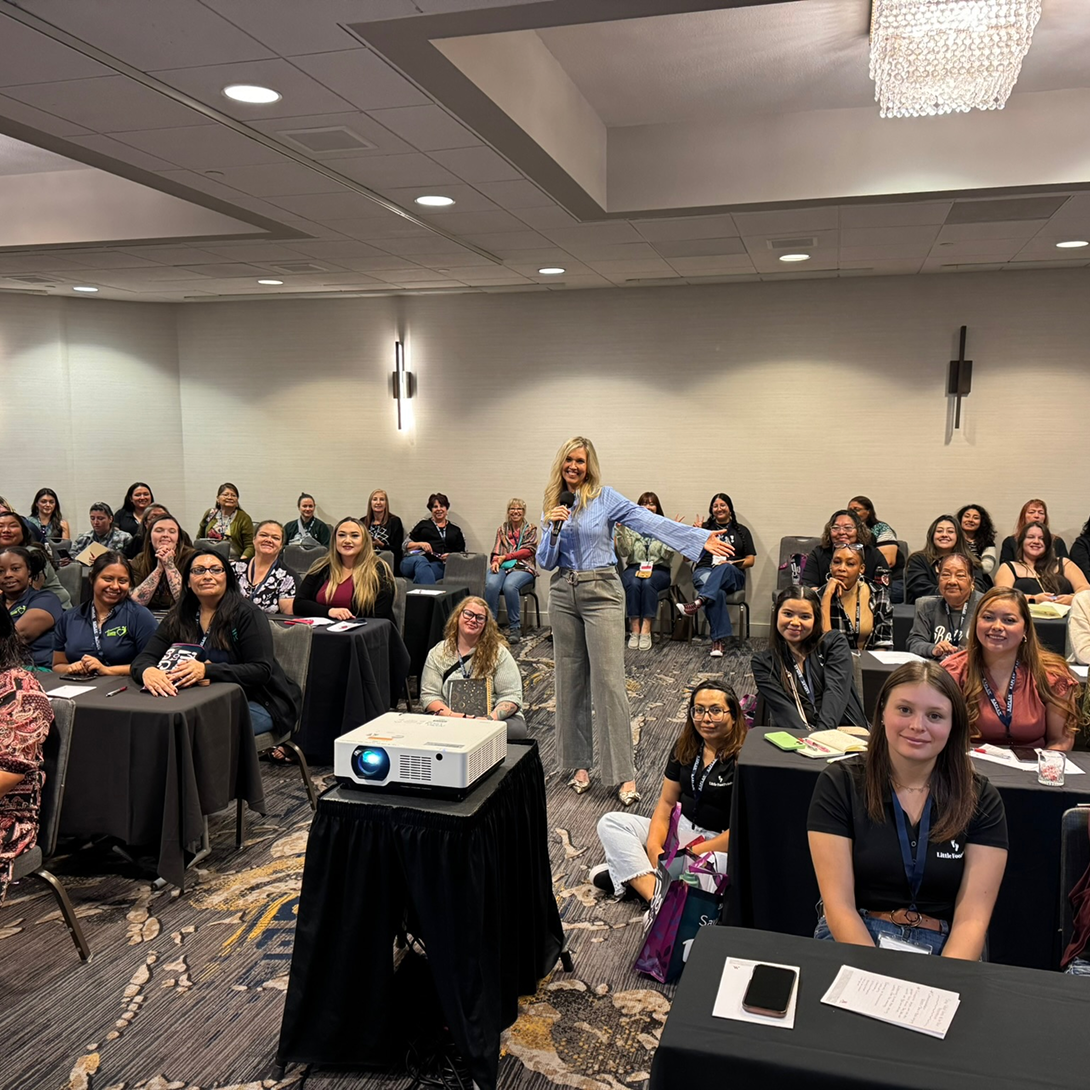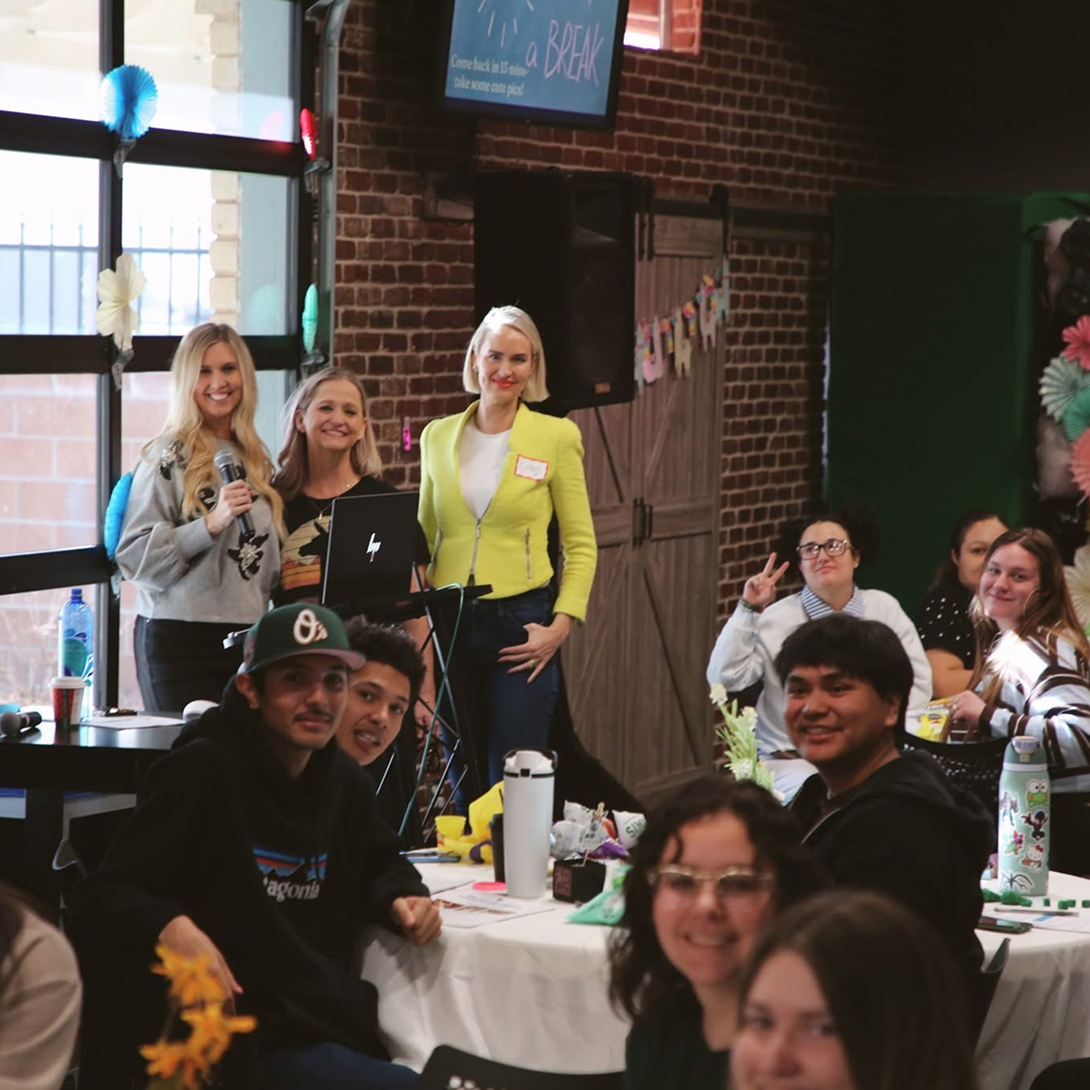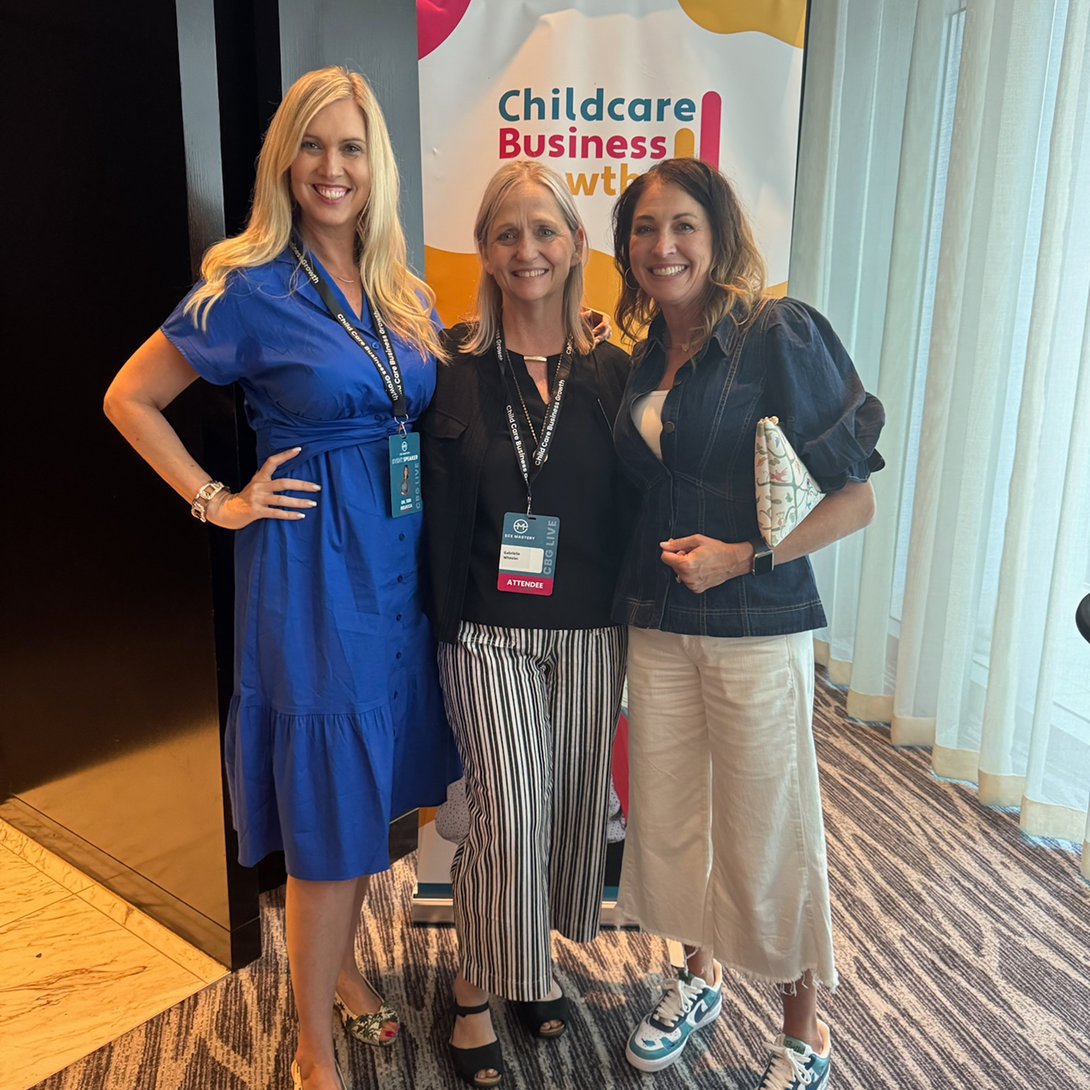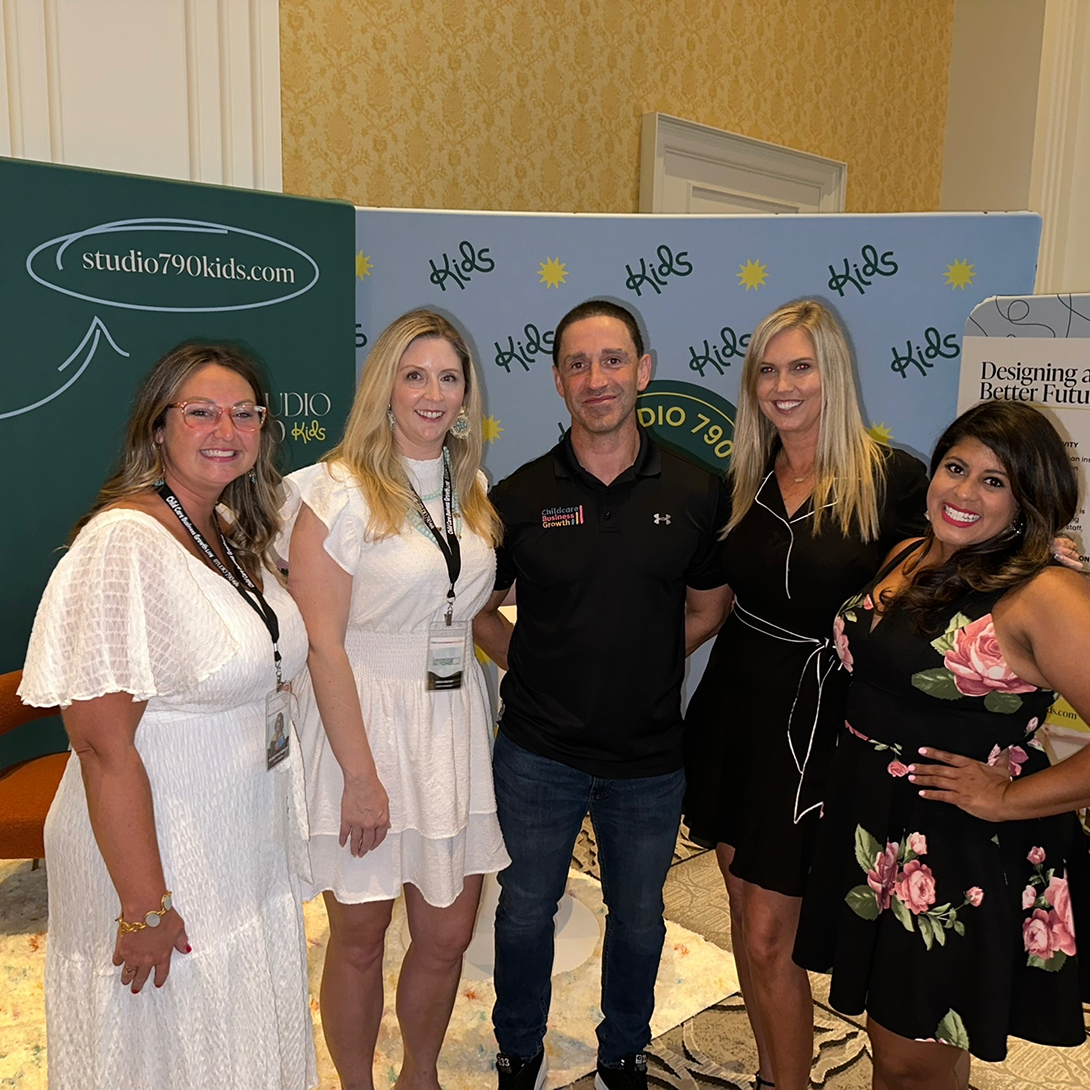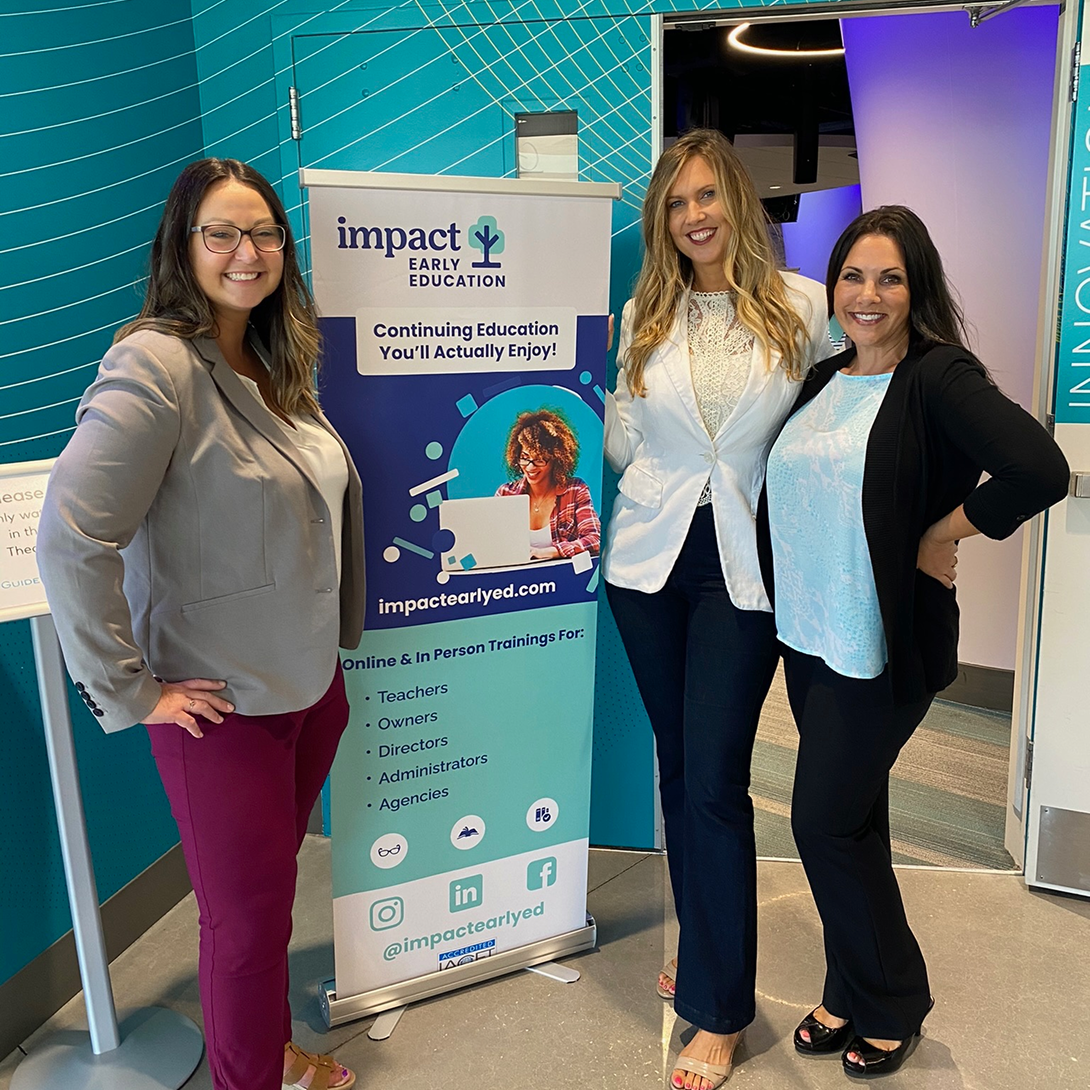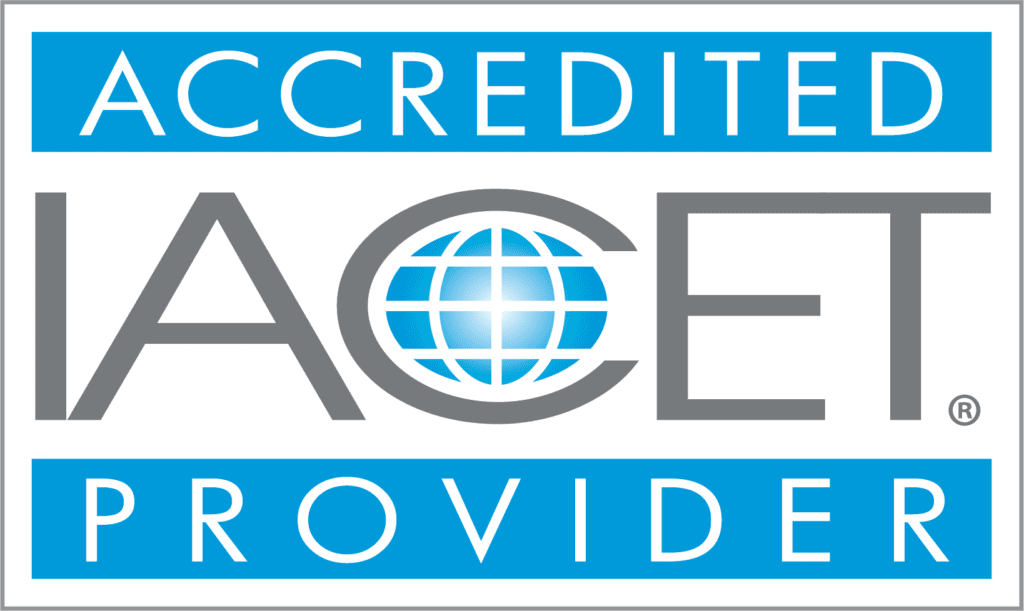Do you know how trauma affects the behavior of your youngest learners?
Do you know how your own personal experiences affect your approach to life, including past and current relationships?
It’s normal for topics like this to bring up negative emotions or make you feel uncomfortable, but your willingness to learn about trauma and your openness to search within yourself will have far reaching impacts on the children you serve. Once you change your view of challenging behaviors, you’ll be part of positive change in the lives of your most vulnerable children.
Trauma can affect a child’s physical health, mental health, and brain development, so it may very likely be the root of many behaviors we witness during the early years.
How to Teach Children Affected by Trauma
Today’s classrooms are diverse, and each child brings unique life experiences. You never know what they’ve been through, or even what they’re going through, no matter how old they are.
In fact, 60% of children will experience trauma in their lifetime with 1 out of every 4 being affected by the age of four. That means you likely have a little one in your room who has experienced some type of trauma. It may even be the one who challenges you the most.
So what can you do when dealing with children like this in your classroom? Channel your inner teacher superpowers!
Here’s how you can deal in your classroom:
- Be patient and understanding (yes, even when you’re overwhelmed)
- Talk them through their difficult moments and help them regulate their responses and emotions
- Use gentle guidance to help them in a social interaction with their peers
- Build consistent and supportive relationships with them
We know that teaching a child who is experiencing, or has experienced, a history of trauma can be an intense challenge. Because of the range of developmental delays, learning disabilities and social-emotional issues, paired with their lack of self-worth and confidence, they’re unable to meet behavioral expectations in the classroom.
That makes teaching harder for you, and school harder for them.
The Science Behind Trauma
Brain development also occurs from the bottom up, just like Maslow’s hierarchy of basic human needs. Successful growth and development require a strong foundation, one filled with positive stimulation and experiences, beginning at birth.
The brain doesn’t develop typically for children who have experienced — or are experiencing — trauma. The stressful events in their lives result in the activation of the stress hormones cortisol and adrenaline, and excessive levels of these hormones can change the structure of the brain by forcing blood to certain muscle groups.
Because of this, the amygdala, which is generally designed to regulate emotions, can become overused and overdeveloped. At the same time, the hippocampus, the area that puts threats into perspective, becomes underused and underdeveloped.
Issues such as these can cause structural changes in a child’s brain, which can directly result in challenging and unwanted behaviors in the classroom. Continual trauma weakens the neural pathways to the lobes of the brain that control thinking, early reading and math skills, and social emotional skills.
Want More Information About Trauma Informed Childcare?
More than anything, children affected by trauma need loving and nurturing teachers who will support them during their most challenging times. Their brains are flexible, shapeable… they can reorganize and change in response to new positive experiences, and your positive, reassuring, and supportive reactions to their difficult behavior can change the entire direction of their lives — truly!
At Impact Early Education, we know your work is never done. That’s why we provide valuable professional development courses for preschool teachers, directors, and owners in a way that works for you. To learn more, explore our courses or contact us today!



